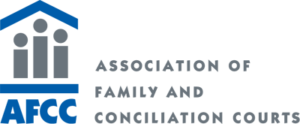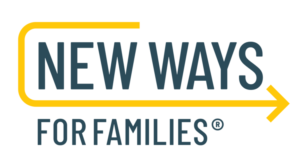- In-Person and Virtual Sessions Available
- Welcoming Self & Professional Referrals
- Phone: 416-580-4284
- Toronto | York Region | Durham


During the VCR process, the professional meets with each parent once and with the child(ren) independently twice (once in the care of each parent) to maintain a balanced environment to obtain the child’s views and preferences. The only information that is documented in the report is what the child has agreed to share.
The VCR provides information about the child’s views and preferences concerning their life and the issues in dispute between the parents. The VCR allows each parent to have a neutral party helping them hear their child’s voices.
Additional information from external resources, such as child welfare agencies, therapists, or other professionals, is not requested nor are the external resources asked to participate in the Voice of the Child proceedings.
The VCR is typically completed for children over the age of seven (7); however, there may be an exception depending on the child’s level of development.


A formal designation is not required for a professional to complete a VCR; however, several people can prepare a report, such as a lawyer, a therapist, or a social worker.
It is highly recommended that the professional selected to complete the VCR has extensive experience working with and interviewing children. In addition, it is beneficial for the professional to have participated and completed VCR training.
There is now a great recognition of the importance of children’s voices in matters that affect them; however, it may be challenging for them to express those views in fear of insulting their parents or the family.
The VCR is child-focused. It is prepared and conducted in a sensitive manner that can support the child with participating in the family law proceeding. The VCR can help alleviate the potential for the child to be directly involved in family law matters; otherwise, they may be drawn into the proceedings by a parent attempting to pressure a child into giving evidence in court through a letter or requesting the judge to interview the child.
The VCR can be less intrusive and more cost-effective than a Section 30 or Section 112 assessment completed by the Office of the Children’s Lawyer. It contains less information than a full custody assessment and is therefore conducted in a timelier manner. The goal of completion is within one month of the start of the process.
A VCR typically requires approximately 1 hour of interaction per parent and per child. There is an additional 1-2 hours of preparation of the report. During the initial sessions, the social worker meets with each parent individually to obtain consent, discuss confidentiality, and complete an intake. The social worker then meets with the child(ren) in a neutral place individually on two separate occasions (each parent brings the child individually to a session). During the first meeting, the child will be asked if they consent to the VCR and they are advised that they choose what goes into the report at the end of the process.
Once the VCR has been completed, it is reviewed with the child first and then shared with both parents (ideally at the same time).
Typically parents pay for the VCR. It is important to note that even if, due to financial circumstances, one parent pays for all or most of the cost of the report, the person preparing the report should be retained jointly by both parents and will clarify with the parents and/or their counsel their role and what is expected from the report.
A court may also make an order for a report to be completed. Such an order may include specifics setting out the name of the professional who will be retained to complete the report, or instructions regarding who will pay for the report.

66 Centre St, Thornhill, ON L4J 1E9
416-580-4284





